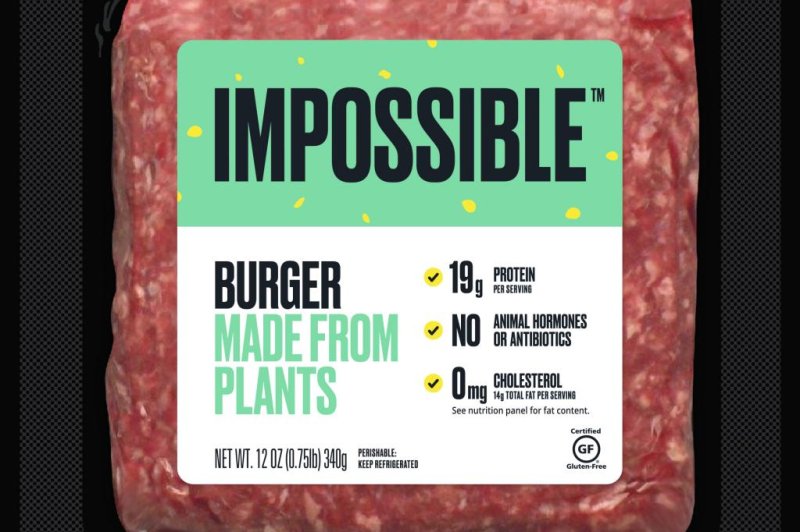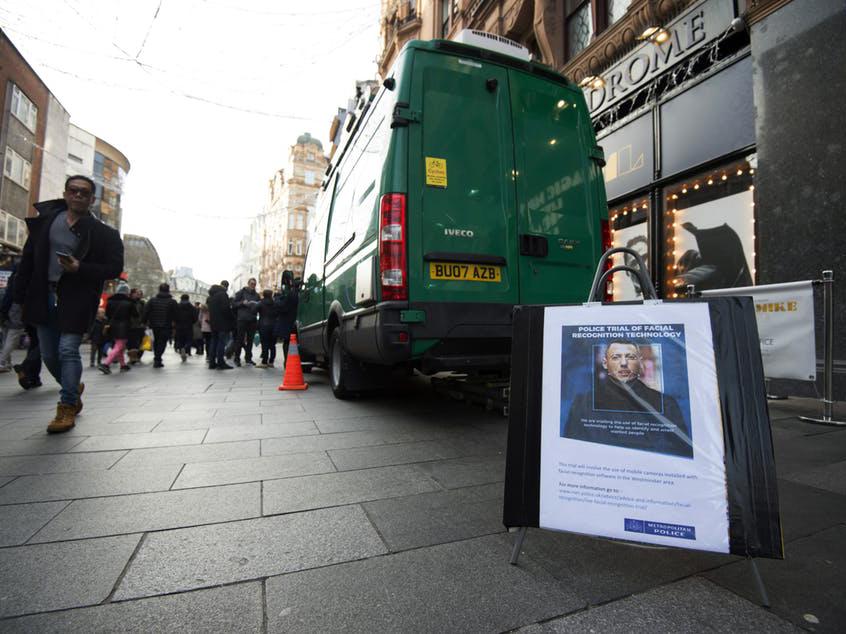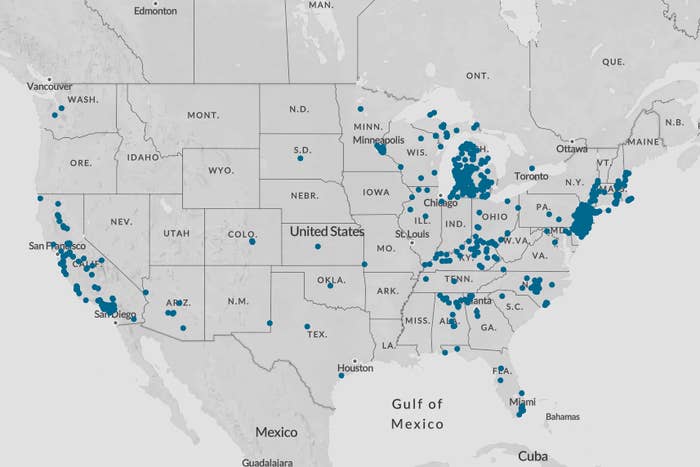By Jessie Higgins

The Impossible Foods company says its burger tastes just
like a beef burger, but without the beef.
Photo courtesy of Impossible Foods
EVANSVILLE, Ind., Jan. 28 (UPI) -- The unveiling of Impossible Foods' latest product -- "Impossible Pork" -- has drawn American pork producers into a years-long battle waged by the beef industry to stop plant-based companies from calling their foods some sort of meat.
"It's not pork," said Dan Kovich, the assistant director of science and technology for the National Pork Producers Council. "The ironic thing is that's impossible. You can't get pork from plants unless you feed them to a pig."
Beginning in 2016, companies like Impossible Foods and Beyond Meat launched a series of meat alternatives made from plants. Their early products were beef burger substitutes. The companies later started to market plant-made sausage, and Impossible Pork was unveiled earlier this month at the Consumer Electronics Show in Las Vegas.
The companies claim their products are virtually indistinguishable from real meat -- and many include the name of the meat they are mimicking in the product label.
"They're trying to get as close as possible to beef without actually being beef," said Danielle Beck, executive director of government affairs at the National Cattlemen's Beef Association. "But their entire marketing strategy is to disparage beef. They are trading on beef's good name, but disparaging beef in the process."
Organizations like the National Pork Producers Council, the National Cattlemen's Beef Association and the Livestock Marketing Association are pushing the federal government to force these companies to rename their products.
Under current law, only the Food and Drug Administration has the power to stop plant-based operations from using traditional meat terms to define their products.
Asked about the FDA's position on plant-based meat, a spokesperson said the agency is reviewing its stance of the "standards of identify" for dairy products, and that "until we finish reviewing, we don't have additional comment on the labeling of plant-based food product."
The spokesman added in an email: "The FDA believes it is important to take a fresh look at existing standards of identity in light of marketing trends and the latest nutritional science."
Meanwhile, as the FDA waits, at least 13 states have enacted laws that ban companies from calling plant-based products by terms used to define traditional meat. And lawmakers in at least 27 states have filed similar bills.
EVANSVILLE, Ind., Jan. 28 (UPI) -- The unveiling of Impossible Foods' latest product -- "Impossible Pork" -- has drawn American pork producers into a years-long battle waged by the beef industry to stop plant-based companies from calling their foods some sort of meat.
"It's not pork," said Dan Kovich, the assistant director of science and technology for the National Pork Producers Council. "The ironic thing is that's impossible. You can't get pork from plants unless you feed them to a pig."
Beginning in 2016, companies like Impossible Foods and Beyond Meat launched a series of meat alternatives made from plants. Their early products were beef burger substitutes. The companies later started to market plant-made sausage, and Impossible Pork was unveiled earlier this month at the Consumer Electronics Show in Las Vegas.
The companies claim their products are virtually indistinguishable from real meat -- and many include the name of the meat they are mimicking in the product label.
"They're trying to get as close as possible to beef without actually being beef," said Danielle Beck, executive director of government affairs at the National Cattlemen's Beef Association. "But their entire marketing strategy is to disparage beef. They are trading on beef's good name, but disparaging beef in the process."
Organizations like the National Pork Producers Council, the National Cattlemen's Beef Association and the Livestock Marketing Association are pushing the federal government to force these companies to rename their products.
Under current law, only the Food and Drug Administration has the power to stop plant-based operations from using traditional meat terms to define their products.
Asked about the FDA's position on plant-based meat, a spokesperson said the agency is reviewing its stance of the "standards of identify" for dairy products, and that "until we finish reviewing, we don't have additional comment on the labeling of plant-based food product."
The spokesman added in an email: "The FDA believes it is important to take a fresh look at existing standards of identity in light of marketing trends and the latest nutritional science."
Meanwhile, as the FDA waits, at least 13 states have enacted laws that ban companies from calling plant-based products by terms used to define traditional meat. And lawmakers in at least 27 states have filed similar bills.
On the national level, U.S. Rep. Roger Marshall, R-Kan., introduced the Real MEAT Act in October, which defines "beef" as coming from a cow and requires companies imitating beef to include the word "imitation" in the label, among other provisions.
Its purpose is to eliminate consumer confusion and deceptive marketing, Marshall has said.
"For years now, alternative protein products have confused many consumers with misleading packaging and creative names for products," Marshall said in a statement. "With this bill, consumers can be sure that the meat products they are buying are indeed real meat."
The bill was referred to the Committee on Agriculture, which then referred it to the House Subcommittee on Livestock and Foreign Agriculture, where it remains. The bill has 18 co-sponsors.
U.S. Sen. Deb Fischer, R-Neb., introduced a similar bill in the Senate in December. No action has been taken on that bill.
"What's ironic about [these bills] is we bend over backwards to make it clear we are plant-based," said Rachel Konrad, a spokeswoman for Impossible Foods. "We have a huge logo on our products that says, 'Made from plants.' We do not want any confusion and we know the reason why our growth is skyrocketing is because there is no confusion."
She added that her company is monitoring the new bills and will follow all applicable state and federal laws.
"Impossible Foods has always anticipated this kind of attack," she said.
The Impossible company anticipated the attack, in part, because it is not targeting vegetarians -- it is trying to woo meat eaters.
"Ninety-five percent of [Beyond Meat and Impossible Foods] customers are omnivores who also eat meat," said Zak Weston, a food service analyst at the Good Food Institute, a pro-plant-based food nonprofit based in Washington, D.C. "These companies are looking at the market differently."
The meat industry's attack has some plant-based supporters concerned.
Though growing rapidly, the plant-based protein industry is in its infancy, said Ocean Robbins, the CEO of Food Revolution Network, a pro-plant-based food group that supports "healthy, ethical and sustainable food for all."
"In the long run, if these terms are banned, companies are going to figure out another way," Robbins said. "But it will have an impact. The meat industry is putting a lot of money into this because they're aware that the terms are impactful. And they're afraid of mainstream people giving this a try."
--30---















